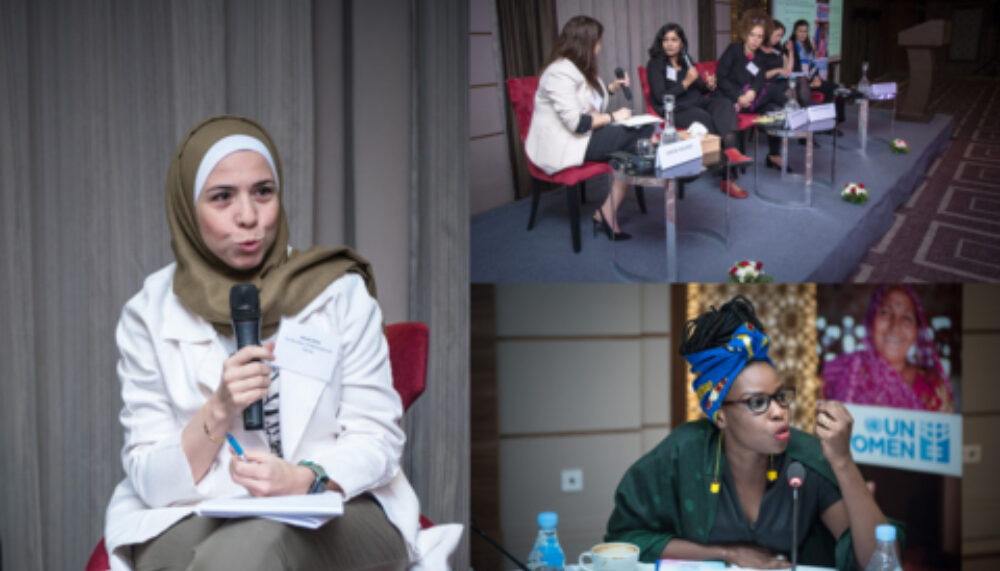BLOG POST | 9 Sept 2020
Gender inclusivity in confidence building
Confidence building is a realm of mediation where even generally embraced rhetorical consensus for expanding inclusivity can often encounter significant obstacles.
By Aneesa Walji, Luxshi Vimalarajah
Confidence building is a realm of mediation where even the generally embraced rhetorical consensus for expanding inclusivity can often encounter significant obstacles.
While there is no universally accepted definition, confidence building refers to initiatives that strive to “build rapport and connection between conflict parties and between communities.” It includes, but is not limited to, ceasefires and other confidence building measures, as well as gestures. Since comprehensive peace talks and agreements are the rarity, rather than the everyday norm for mediation processes today, confidence building is what most high-level mediators are working on in practice. This continues to be the case since the outbreak of COVID-19, with only increased urgency.

What can be said about women’s meaningful participation and confidence building? Following a conference discussion that included diverse peacebuilding, policy and expert perspectives from around the world, including an opening panelist contribution from Berghof Foundation, UN Women published a meeting report that offers some early gender perspectives on confidence building for the first time.
Although not always visible and often present in informal spaces, women have been active at different levels and phases of the peacebuilding architecture contributing directly and indirectly to confidence and trust building measures from Yemen to Cyprus, Kenya and Colombia, just to name a few. There is much to take from the discussions that took place and an extensive set of recommendations in the report, but we highlight three main takeaways here.
When women are excluded, public trust in official peace processes declines.
The first is a framing point. When women are excluded, public trust in official peace processes declines. Public trust in processes can impact attempts to build confidence between conflict parties and communities. Second, women are already leading and engaging in valuable confidence building initiatives in less formal and less visible spaces. The way that confidence building is imagined needs to be expanded to recognize the array of critical contributions being made. Third, women and others who are traditionally excluded from formal decision-making spaces can often offer insights into communities and civil society networks that are helpful in identifying shared struggles across dividing lines, thereby offering important entry points for confidence building at track 1.
It has been 20 years since the passing of the first Security Council resolution on women, peace and security, and women’s meaningful participation in formal peacemaking remains one of the most intractable areas of the agenda. Amplifying the voices and substantive perspectives of women peacebuilders in formal confidence building initiatives is essential. Women’s meaningful participation is not only about being present at an emblematic peace table, it is about transformative, deep and consistent inclusion across all dimensions of a peace process.
Media contact
You can reach the press team at:
+49 (0) 177 7052758
email hidden; JavaScript is required


